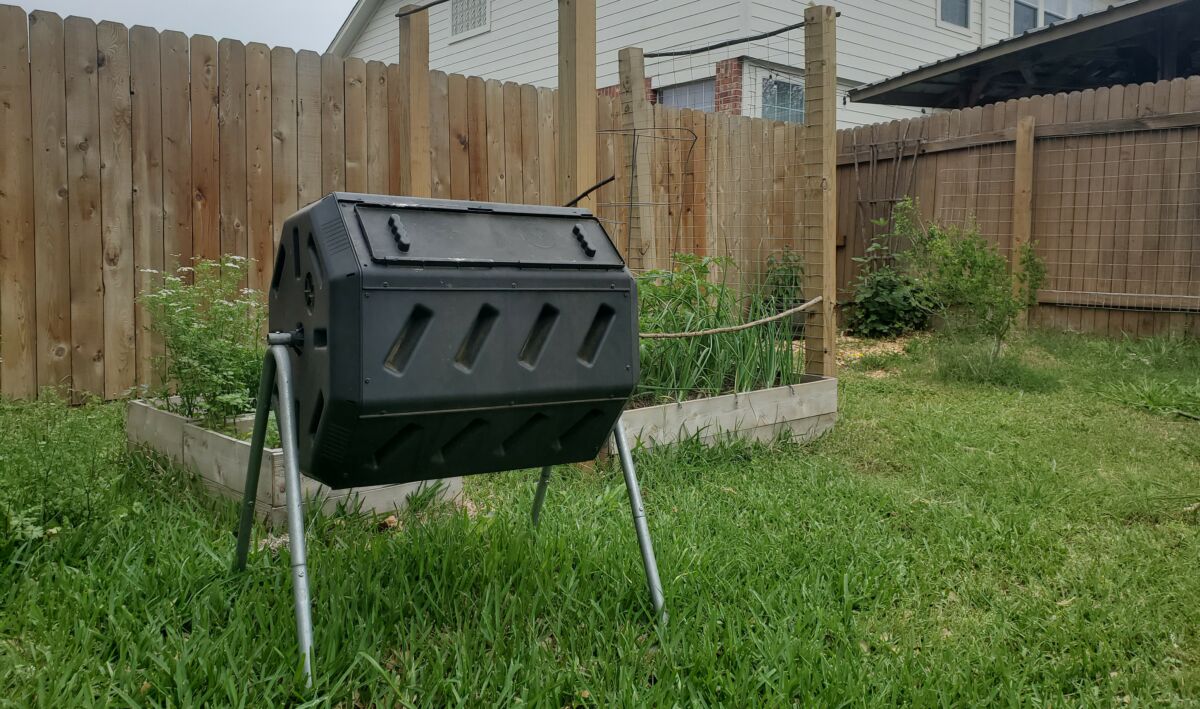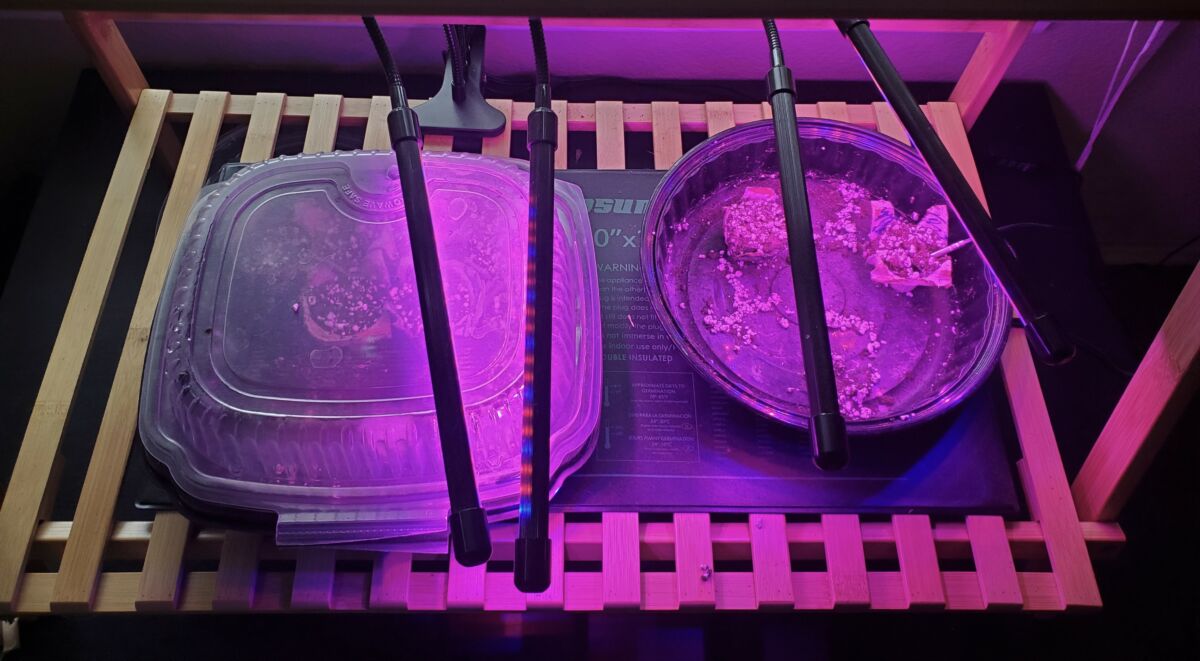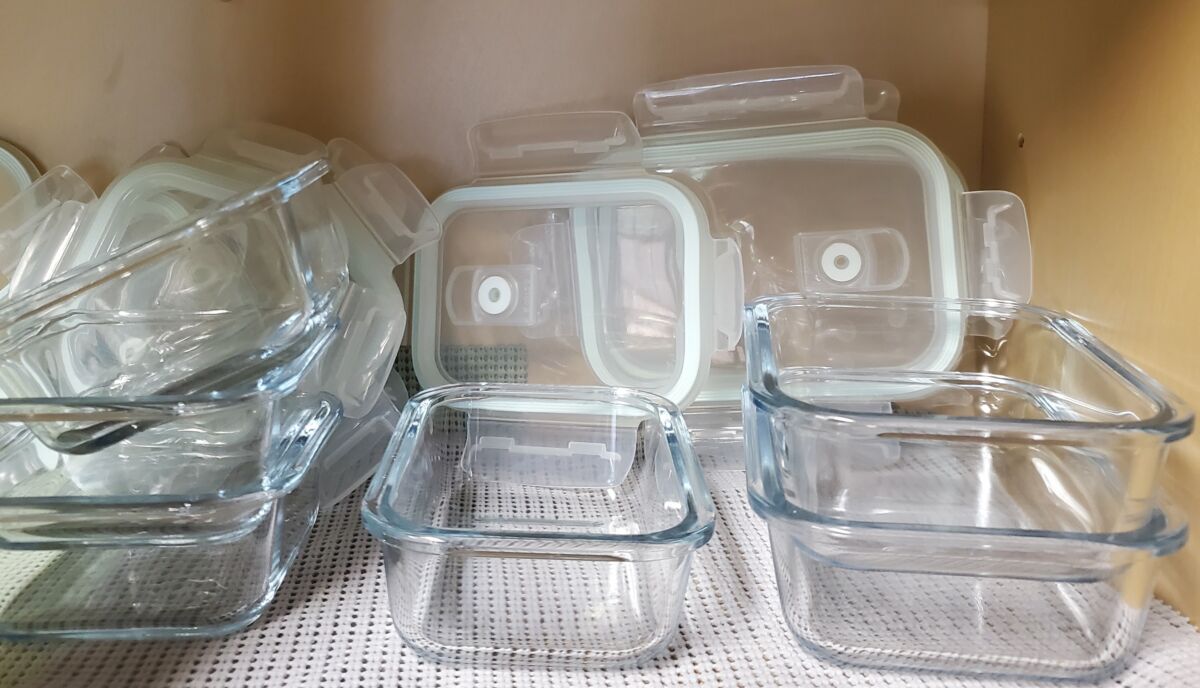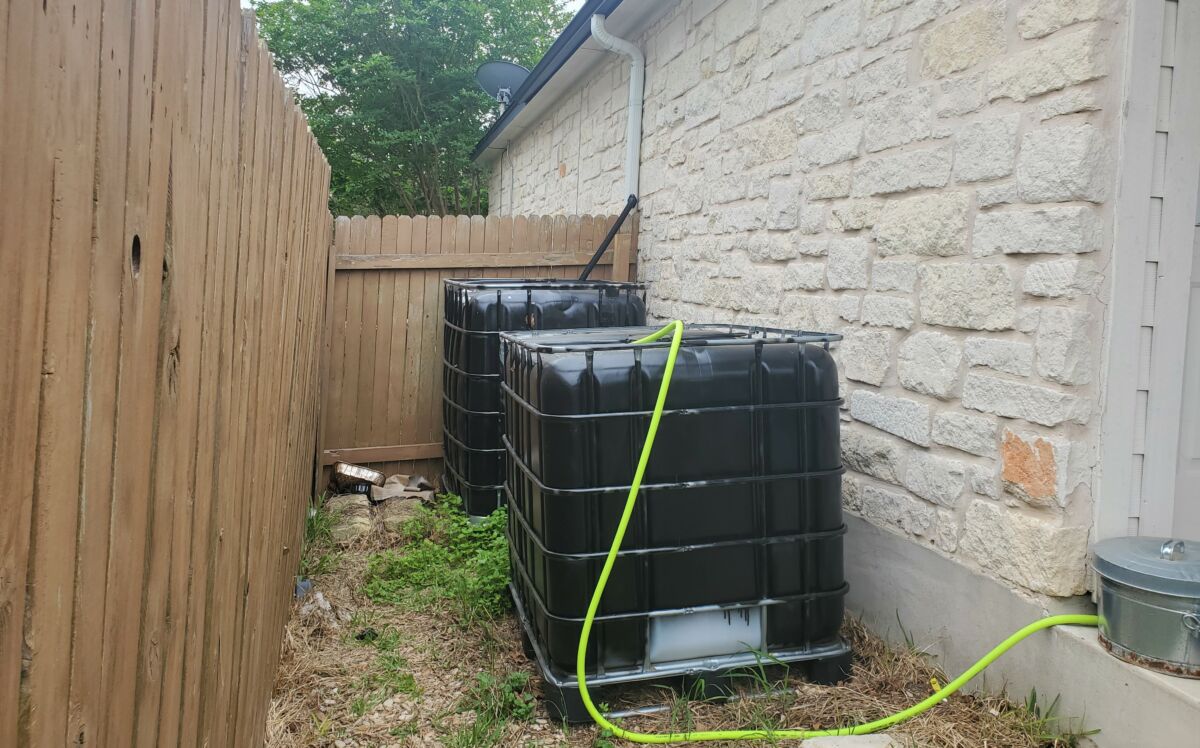
I hate being wasteful. I can’t stand when products are wrapped in plastic and/or Styrofoam. I get physically uncomfortable seeing something go bad or remain unused. The feeble cries from my fridge of moldy peppers and shriveled up lettuce can put me in a shame spiral for days. When I live with someone and they buy a new household item, a good 50% of the time my initial reaction is, “Why did we need that?”
Don’t I sound delightful?
People who know me, probably aren’t too surprised. I have a natural inclination toward organized efficiency. Combine that with being raised by the children of immigrant/Depression Era parents and you’ve got yourself a deadly combination. I remember in graduate school my roommate and I didn’t have a toaster. From time to time I would mention that I should probably get one. Then we’d be in the store, I’d be staring at the toasters, pick one up, begin to place it in the shopping cart…and then I’d put it back and walk away. My roommate was understandably flabbergasted. In my mind, I was running through all the times I easily managed to make toast on the stovetop – if I took the time to think about it, I didn’t actually need a toaster.
While I know most changes that need to occur to truly impact climate change are with certain large businesses, making my own changes is a way of me doing my part for the natural world I treasure. Plus, for me it just feels good. So on Earth Day, I figured I’d delve into it for my blog.
This is NOT meant to provide you with your own personal shame spiral. Leave those to me. I just find that many people who focus on waste reduction are HARDCORE. If you are like me and you’d like to make some changes, but you are intimidated by that world, maybe some of my own wanderings and wonderings will be helpful.

Reuse / Repurpose and Compost (over Recycling)
Recycling is not the solution to everything. In fact, it is a very flawed system. And I am pretty perturbed at the fact that there are triangled numbers that mean a product is NOT recyclable; talk about using the psychology of human behavior for evil. On the bright side, if we can get aluminum recycling down like the Germans, that seems like a great option.
The long and short of it? Finding ways to reuse or repurpose is, in most cases, a much better way to go. Do I wish that my ex-boyfriend had asked before taking the stuffing out of my pillow and using it in the stereo system he built? Sure, but I respect where the inclination came from.
My husband and I are lucky to live in a place that makes this easier. For example, we have been using trashless.com which is an Austin-based company that pulls together a lot of avenues for reducing waste related to groceries. We now get milk delivered in a reusable glass jar, and I am loving the retro vibes. But really it does not have to be that obvious. Essentially, it’s making things last and working with the materials you have easily available before buying something new. Take my seedling starters that were once restaurant to-go containers and egg cartons / toilet paper rolls. Perfect for what I need AND cheaper, too!
Another one of my fan favorite alternatives to trash heaps and recycling? Composting! Not everyone has their own composting system like I do or a local infrastructure doing city-based composting. But at the end of the day, if you throw away something compostable it’s probably better than throwing away something that isn’t.
Just think about how long until the item degrades. A few months? Years? Centuries?
Also think about what it degrades into. Soil? Toxic sludge? Who knows because it still looks like a plastic container?

Multi vs Single Use
This gets tricky. I think many of us naturally gravitate toward something multiuse that we can use over and over again. We often think this is less wasteful because, well, there is…less of it. HOWEVER, think about writing on paper, especially bamboo paper, versus laminated plastic or a computer.
How much energy and resources go into production and development of the product?
How much are we using renewable resources versus resources that the Earth will run out of?
How biodegradable is the product? I can shred up that paper and put it in my compost for gardening. If I tried that with my old laptop, I think my results would be a bit lackluster.
I’m not saying there’s a simple answer here. My advice is just to think twice about the quality, durability, and sustainability of the options before just going with what will last the longest.

Minimizing waste
I can’t make companies stop being wasteful. But I don’t have to support it economically either. The fact of the matter is the best route is to minimize the waste from the get-go. I’ve been looking into a number of ways to reduce my waste.
Here are a few of my favorites to round out this lovely Earth Day:
- Pick the item with minimal to no packaging, especially when packaging is not biodegradable
- Shop local and what is in-season. Added Bonus – you are supporting businesses that are more likely to support your local community!
- Be a dork like me and bring containers from home for your restaurant to-go boxes
- Borrow, trade, or obtain lightly used items rather than buying new
- Pots and pans from family members, your friend’s clothes they don’t wear anymore, consignment shops
- Buy Nothing Facebook group, NextDoor, Facebook Marketplace, Craig’s List, neighborhood plant / library stands
- Do you garden? Collect rain water! (It’s actually better for you plants and…you guessed it! Cheaper!)